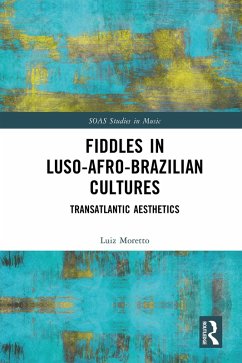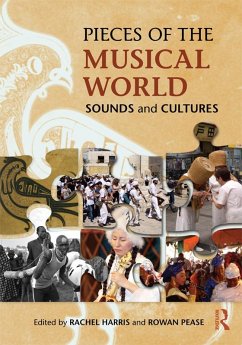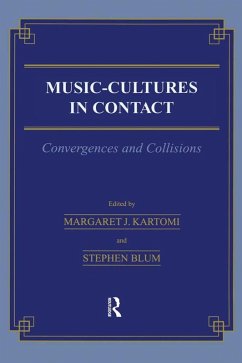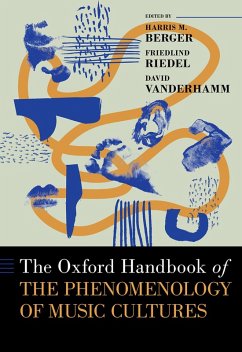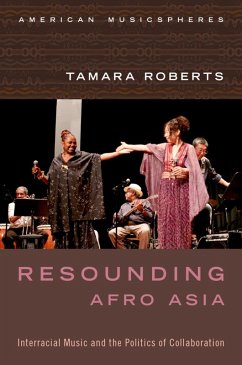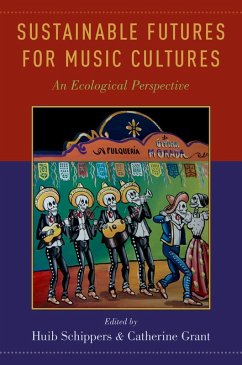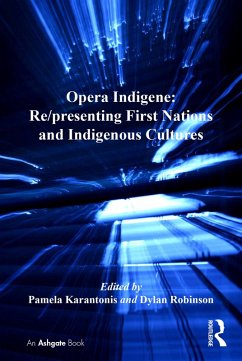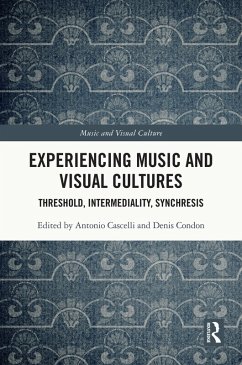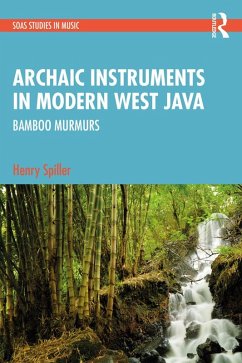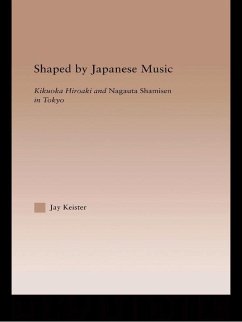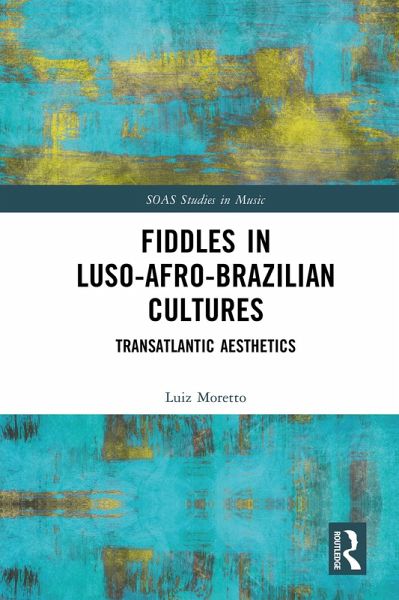
Fiddles in Luso-Afro-Brazilian Cultures (eBook, ePUB)
Transatlantic Aesthetics
Versandkostenfrei!
Sofort per Download lieferbar
42,95 €
inkl. MwSt.
Weitere Ausgaben:

PAYBACK Punkte
21 °P sammeln!
Fiddles in Luso-Afro-Brazilian Cultures presents fresh data and debates drawn from extensive research to broaden the study of African music by focusing on fiddle playing, exploring rhythm aesthetics and tonal systems within cultural contexts. Focused on Cape Verde, Mozambique and Brazil, the research maps cultural affiliations, addressing cultural displacement and historical ties. It engages with post-colonial power dynamics, highlighting fiddle playing as a form of resistance and revival.Primarily aimed at academic researchers in ethnomusicology and related fields, the book provides detailed ...
Fiddles in Luso-Afro-Brazilian Cultures presents fresh data and debates drawn from extensive research to broaden the study of African music by focusing on fiddle playing, exploring rhythm aesthetics and tonal systems within cultural contexts. Focused on Cape Verde, Mozambique and Brazil, the research maps cultural affiliations, addressing cultural displacement and historical ties. It engages with post-colonial power dynamics, highlighting fiddle playing as a form of resistance and revival.
Primarily aimed at academic researchers in ethnomusicology and related fields, the book provides detailed analytical descriptions and narratives of artists, instruments and playing styles. It contributes to discussions on music, decolonisation and diasporic communities' demands for authenticity and recognition. By revealing lesser-known fiddle traditions, it enriches the world music genre, attracting both academic and general readers interested in transcultural music studies.
Primarily aimed at academic researchers in ethnomusicology and related fields, the book provides detailed analytical descriptions and narratives of artists, instruments and playing styles. It contributes to discussions on music, decolonisation and diasporic communities' demands for authenticity and recognition. By revealing lesser-known fiddle traditions, it enriches the world music genre, attracting both academic and general readers interested in transcultural music studies.
Dieser Download kann aus rechtlichen Gründen nur mit Rechnungsadresse in A, B, BG, CY, CZ, D, DK, EW, E, FIN, F, GR, HR, H, IRL, I, LT, L, LR, M, NL, PL, P, R, S, SLO, SK ausgeliefert werden.




